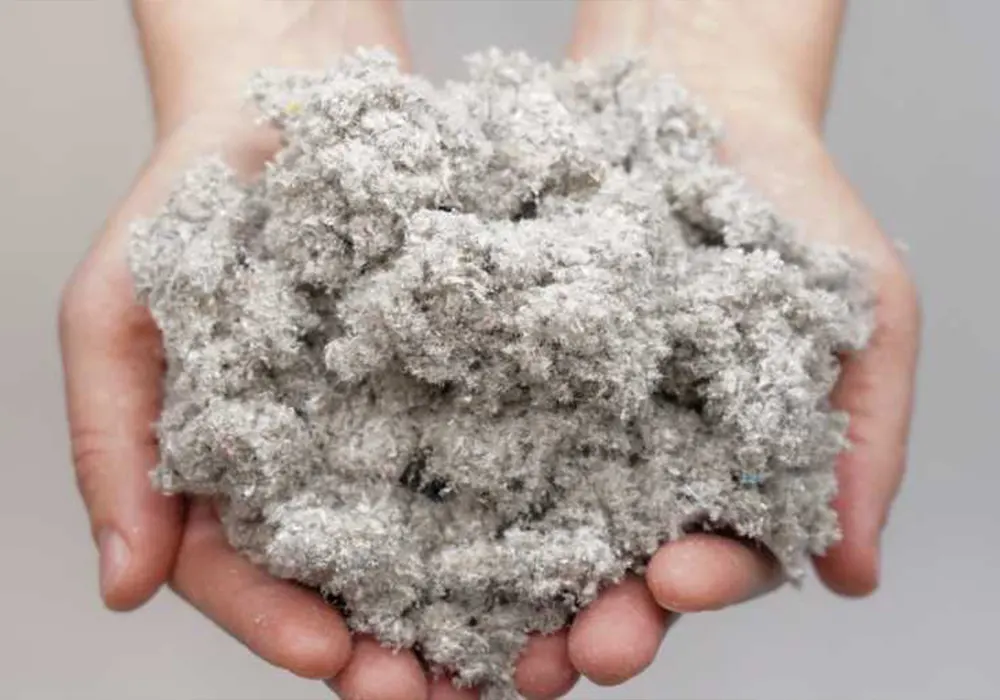When we think about solutions to make our homes more sustainable, insulation often stands out as one of the most effective and affordable options. While it’s commonly associated with energy savings, insulation offers much more, providing numerous environmental benefits. Here are the main reasons why insulation is an eco-friendly choice.
Energy consumption reduction
The primary role of insulation is to regulate the internal temperature of a space, reducing the need for excessive heating or cooling. As a result, energy consumption decreases significantly, especially in areas with hot summers or harsh winters.
Less energy consumption means less reliance on fossil fuels, which in turn reduces greenhouse gas emissions responsible for global warming. Studies show that well-insulated buildings can cut energy consumption by up to 40%, which has a substantial long-term impact.

Carbon footprint reduction
By improving a building’s energy efficiency, insulation helps reduce the carbon footprint associated with daily operations. Less energy use means fewer CO₂ emissions related to energy generation.
Moreover, some insulation materials, such as cellulose, are made from sustainable raw materials and low-impact manufacturing processes, further contributing to waste and emission reduction.

Decreased waste of natural resources
The thermal efficiency provided by insulation reduces the demand for high-powered climate control systems. This not only saves energy but also extends the lifespan of equipment like heaters and air conditioners, reducing the need for frequent replacements and the subsequent disposal of parts and materials.

Improved air quality and environmental comfort
Insulation materials also contribute to a healthier home. They help reduce drafts, dust, and external pollutants, creating a more comfortable and healthy indoor environment for occupants. This benefit reduces the need for air purifiers or additional ventilation systems, which could consume extra energy.

Lasting impact and sustainability
One of the greatest advantages of insulation is its durability. When properly installed, it can last for decades, providing continuous benefits without the need for frequent maintenance. This reduces environmental impact over time, making insulation a highly efficient ecological investment.

Choosing sustainable insulation materials
If you’re considering making your home or business more eco-friendly, it’s important to choose insulation materials with low toxicity, high energy efficiency, and minimal environmental impact. Options like cellulose and spray foam are sustainable alternatives to consider.

Investing in insulation is not only a smart financial decision but also an environmentally responsible choice. By reducing energy consumption, carbon emissions, and resource waste, insulation plays a key role in building a more sustainable future.
If you’re interested in improving the energy efficiency of your property and adopting more eco-friendly practices, contact us. Our team can help you choose the best insulation solution for your needs and ensure efficient installation.

